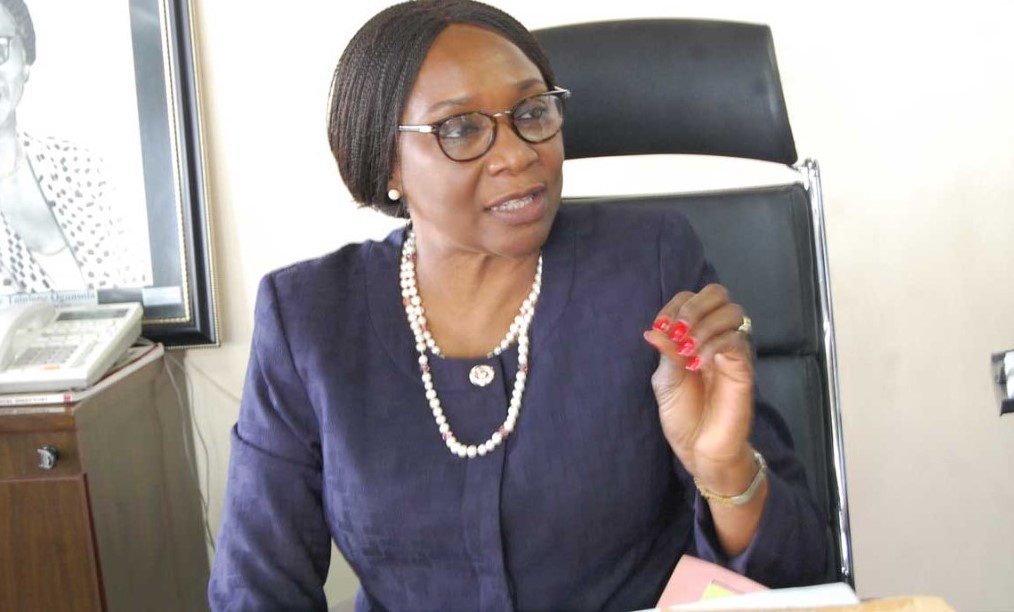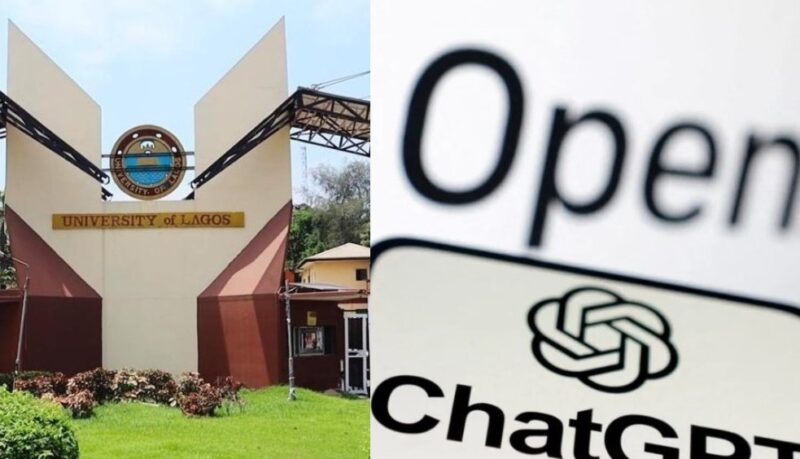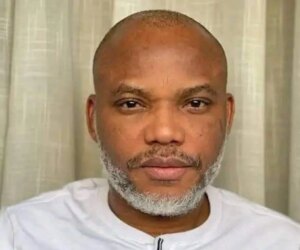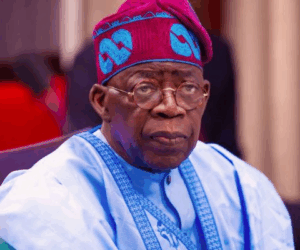OpenAI, in partnership with the University of Lagos (UNILAG), has announced the establishment of Africa’s first OpenAI academy. The initiative will provide free courses and training opportunities for individuals to access AI tools and innovative skills.
While revealing the initiative, OpenAI’s Africa Lead, Emmanuel Lubanzadio, per The Cable report, noted that the facility will provide free AI learning resources and capacity-building opportunities for students, researchers, and professionals across Africa. The facility will be officially unveiled on Wednesday.
“The OpenAI Academy can be accessed by everyone globally. It provides free courses on how governments, scholars and individuals can use AI tools like ChatGPT effectively,” he said
Lubanzadio described the partnership with UNILAG as a strategic step needed to make AI knowledge accessible for Africans. He noted that initiatives of this kind play an active role in shaping the future of technology in Africa.

In addition, he stressed that the decision to lay the academy’s foundation in Lagos was driven by UNILAG’s pedigree as an institution that drives technology-backed education. He believes innovations developed in Africa can serve as models for solving global problems.
“Our collaboration with the University of Lagos will establish the first OpenAI Academy in Africa, beginning this week, with sessions led by facilitators who will showcase how AI is being used across Nigeria and the continent,” he added.
Notably, the initiative is a testament to UNILAG’s continued force in channelling innovation with the interplays of tech and education. The facility, being the first OpenAI Academy in Africa, provides an avenue for students, researchers and innovators to tackle everyday issues in Nigeria and Africa with tech-backed ideas.
The partnership between OpenAI and the university marks a significant step in supporting local talent and innovation.


Also Read: 3 UniLag-based startups emerge winners of inaugural Tosin Eniolorunda Innovation Challenge.
UNILAG’s and OpenAI’s partnership shows what Africa needs to harness AI
The collaboration between the institution and OpenAI shows how the continent can harness AI and tech leaders to bring out innovations from its array of talented minds. UNILAG’s Vice-Chancellor, Folashade Ogunsola, noted that the project is a proof of how universities, governments, and industry leaders can rethink collaboration in the age of technological transformation.
Ogunsola explained that Africa’s partnerships in AI must be built on mutual respect and shared growth. She added that AI’s potential is not only tied to the future but a present reality that offers Africa to solve challenges in education, health, and other sectors.
“We must have collaborations rooted not in charity, but in co-creation, mutual respect, and shared prosperity. Africa cannot remain a passive consumer in the AI revolution; we must become active contributors and builders of contextually relevant solutions,” she added.
The VC noted that UNILAG is committed to championing AI-driven innovations that reflect African realities and align with global standards. She stressed that ideas are not adaptations of Western technologies but homegrown innovations that meet our needs.


UNILAG has attracted over $28 million in research funding through international collaborations, according to the VC. This is a testament to the institution’s track record and effort to continue to build academic and industry partnerships that empower students to solve local problems using technology.
“The future of AI in Africa cannot be built without Africans. Our innovation offers solutions the world needs. Africa’s young minds, nearly one billion of them, are daring to dream, build, and lead. The future of AI is in Lagos, Nairobi, Accra, Cairo, and Johannesburg,” she added.
The Minister of Communications, Innovation and Digital Economy, Bosun Tijani, said Nigeria is targeting projects that place the country at the top of AI innovation.
Represented by the National Director of the National Centre for Artificial Intelligence and Robotics (NCAIR), Olubunmi Ajala, he noted that initiatives such as the national AI strategy remain one of the most inclusive and human-centred in the world. He highlighted others like the three Million Technical Talent (3MTT) programme, designed to train young Nigerians in software development, data science, and machine learning.








